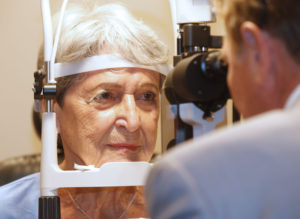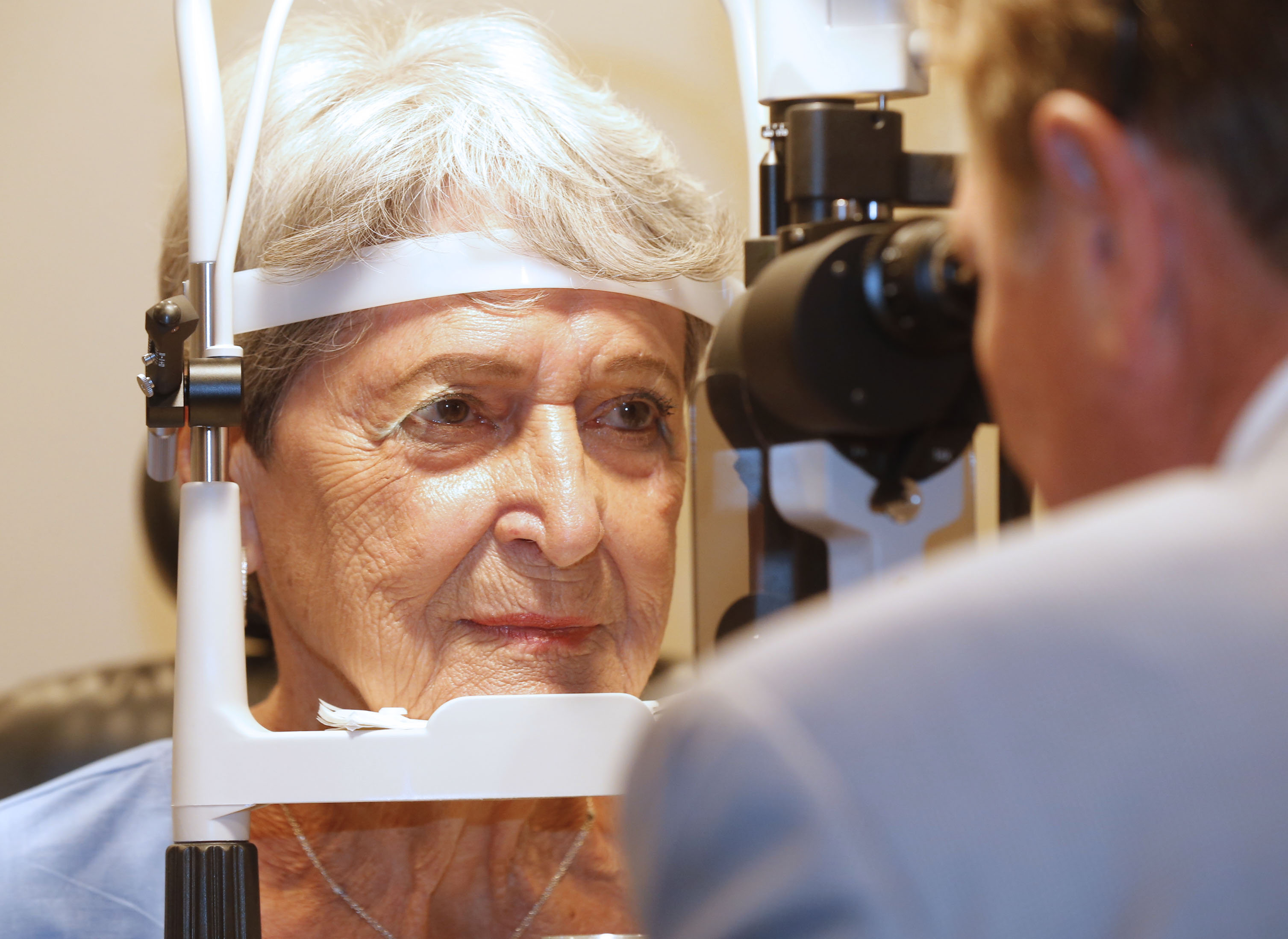
(Robert Kirkham/Buffalo News)
About My Disease or Disorder:
- What is my diagnosis?
- What caused my condition?
- Can my condition be treated?
- How will this condition affect my vision now and in the future?
- Should I watch for any particular symptoms and notify you if they occur?
- Should I make any lifestyle changes?
About My Treatment:
- What is the treatment for my condition?
- When will the treatment start, and how long will it last?
- What are the benefits of this treatment, and how successful is it?
- What are the risks and side effects associated with this treatment?
- Are there foods, drugs, or activities I should avoid while I’m on this treatment?
- If my treatment includes taking a medication, what should I do if I miss a dose?
- Are other treatments available?
About My Tests:
- What kinds of tests will I have?
- What do you expect to find out from these tests?
- When will I know the results?
- Do I have to do anything special to prepare for any of the tests?
- Do these tests have any side effects or risks?
- Will I need more tests later?
Understand Your Doctor’s Responses:
- If you don’t understand your doctor’s responses, ask questions until you do understand.
- Take notes, or get a friend or family member to take notes for you. Or, bring a tape-recorder to assist in your recollection of the discussion.
- Ask your doctor to write down his or her instructions to you.
- Ask your doctor for printed material about your condition.
- If you still have trouble understanding your doctor’s answers, ask where you can go for more information.
- Other members of your health care team, such as nurses and pharmacists, can be good sources of information. Talk to them, too.
Information obtained from Lighthouse International.
